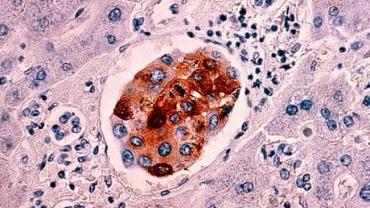
It is well known that there are many concerns regarding the cumulative effects of everyday chemicals on the human body. This prompted a taskforce of over 170 scientists from leading research centers in 28 countries to study the link between commonly encountered chemicals and the development of cancer. They chose to look at 85 chemicals not considered carcinogenic and discovered that 50 of them promoted key cancer-related mechanisms at exposures commonly found in the environment.
One of the researchers on this project cancer biologist Dr. Hemad Yasaei stated "This research backs up the idea that chemicals not considered harmful by themselves are combining and accumulating in our bodies to trigger cancer and might lie behind the global cancer epidemic we are witnessing.
In light of this evidence researchers are urging more studies that look into the cumulative effect of these environmental chemicals. The current research estimates that chemicals could be responsible for as many as one in five cancers. That number is staggering. Since the human population is routinely exposed to thousands of chemicals the effects need to be better understood in order to reduce the occurrence of cancer globally.
The truth is we live in an ever-increasing toxic environment. More than 80000 chemicals are introduced into the world each year and our indoor environment is likely even more toxic than our outdoor environment. Even though there has been a rising incidence of many cancers it seems that not enough research has been conducted that examines these environmental agents and their potential impact.
We are exposed to pesticides herbicides chemical solvents xenobiotics and industrial chemicals of all kinds through the food we eat the water we drink and the air we breathe. These toxins accumulate in our bodies and contribute to the total toxic load that can cause a variety of health problems. Unfortunately this environmental exposure to chemicals is largely unavoidable.
What can we do? One of our best lines of defense is in supporting our detoxification pathways. There is significant evidence showing the importance of diet and nutritional supplementation in maintaining these pathways. This may consist of eating organic foods drinking clean pure water and supplementing with nutrients such as n-acetyl-cysteine and calcium d-glucurate.
Participating in a formal detoxification program can also be of great help for many individuals. The many benefits of detoxification include increased energy deeper sleep reduced joint pain improved weight loss better focus and memory improved sex drive and improved digestion.